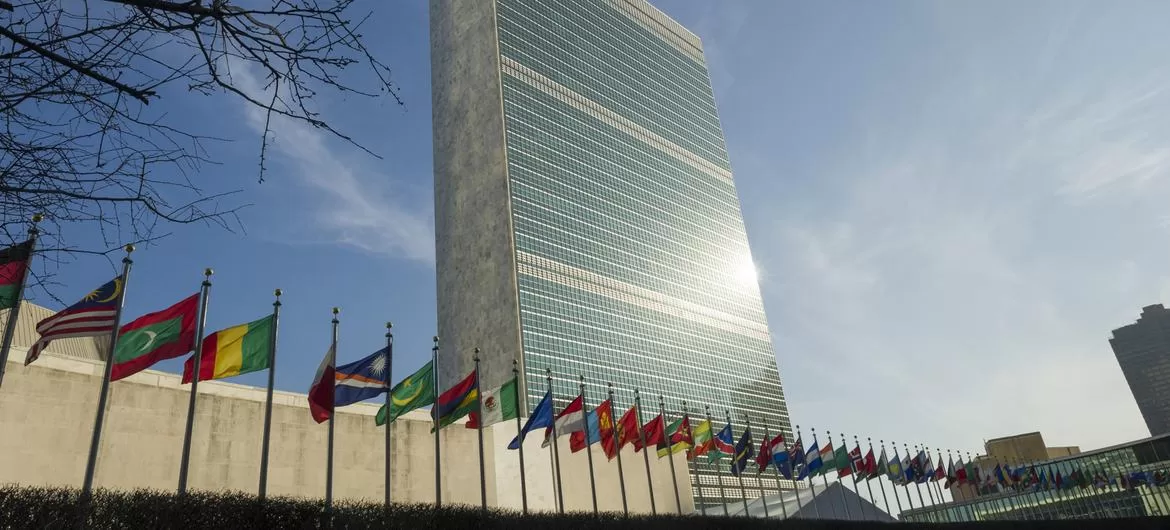
The General Assembly concluded its 79th session on December 25, 2025 by approving a $3.72 billion Regular Budget for 2025 and adopting the Programme of Action for Landlocked Developing Countries (LLDCs) for the decade 2024–2034. These decisions reaffirm the UN’s commitment to addressing global challenges and fostering inclusive development.
The 2025 Budget
The approved $3.72 billion Regular Budget represents a slight increase of approximately $1 million over the Secretary-General’s October proposal to the Fifth Committee, which oversees administrative and budgetary matters. The Regular Budget funds vital UN programmes across various domains, including political affairs, human rights, international law, and regional cooperation.
This budget is distinct from the UN’s peacekeeping operations budget, which operates on a separate fiscal cycle from July 1 to June 30. The Regular Budget aligns with the calendar year, ensuring consistent support for core UN activities worldwide.
A New Decade for Landlocked Developing Countries
In a parallel action, the General Assembly adopted the Programme of Action for Landlocked Developing Countries (LLDCs) for the decade 2024–2034. This initiative aims to address the unique challenges of LLDCs, which face significant trade and development hurdles due to their lack of direct access to open seas. These countries often contend with high trade costs, delays, and reduced competitiveness in global markets.
The Programme of Action outlines five priorities:
- Sustainable Economic Growth: Promoting innovation and structural transformation to drive development.
- Regional Trade Integration: Strengthening cooperation to facilitate smoother trade across borders.
- Improved Transport Connectivity: Enhancing infrastructure to reduce transit times and costs.
- Climate Resilience: Building adaptive capacities to address climate-related challenges.
- Effective Implementation: Ensuring accountability and progress through robust monitoring systems.
The plan builds on the achievements of the Vienna Programme of Action (2014–2024) and the Almaty Programme of Action (2003), aiming to advance sustainable development for the 32 landlocked developing countries globally.
Background: Understanding the UN Budget
The United Nations operates with two primary budgets:
- Regular Budget (RB): This budget supports the UN’s ongoing programmes and activities, such as political affairs, humanitarian work, human rights initiatives, and regional cooperation. The RB is funded through member states’ contributions and aligns with the calendar year.
- Peacekeeping Budget: Managed separately from the RB, this budget supports UN peacekeeping missions and operates on a fiscal cycle from July 1 to June 30.
These budgets are crucial for enabling the UN to address global challenges, support member states, and advance the goals outlined in the UN Charter. The approval of the 2025 Regular Budget ensures the continuity of these essential programmes, while the new LLDC framework emphasizes the organization’s commitment to fostering equity and sustainable development across all nations.





When someone writes an piece of writing he/she maintains the image ofa user in his/her brain that how a user can be aware of it.So that’s why this article is outstdanding.Thanks!